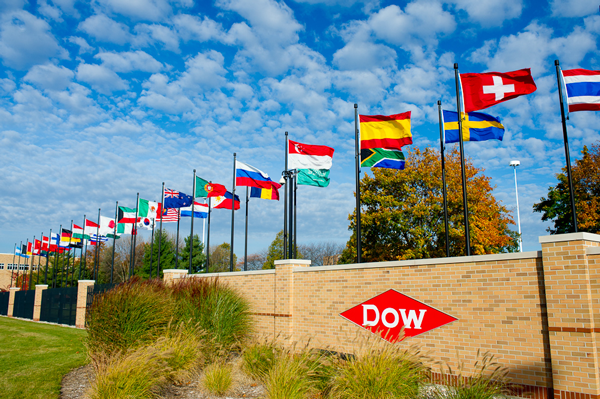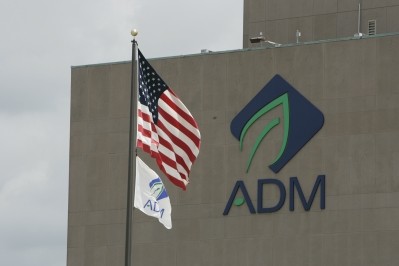Some critics not happy with rebranded name
Voxpop: Reaction to Dow, DuPont merger

One problem with “mergers of equals” is the name, said Chris DeMuth, junior portfolio manager, Rangeley Capital.
Short-term bump to investors
“Both sets of shareholders receive the new name because neither Dow nor DuPont managements were willing to give up theirs. They probably squabbled over which one would come first,” he alleged.
According to Adam Hartung, CEO, Spark Partners, Content Laboratory, Inc. and Soparfilm Energy Corporation, who is also a columnist for Forbes.com, Dupont is one of America's oldest corporations.
“But in a series of fast actions during 2015, DuPont as it has been known is going away,” he said.
He questioned whether there will be a short-term bump to investors and long-term cost cutting. "When the bankers take over, it's never pretty for employees, suppliers, customers or the local community," he added.
“Theoretically, this (the merger) will create three companies that are more profitable. Improved P&Ls will be projected into the future, and higher P/E (price to earnings) multiples on the stock should yield investors a nice short-term gain. But what will investors actually own?"
But, at the same time he asks whether the 'lower cost companies' will now be largely without R&D, new product development, internal patent departments, university research grant management programs, and many of the finance, marketing and sales personnel.
Federal Trade Commission
Arnold Frisch, retired engineer, consultant, and author of the e book, "Rich Geeks and Gifts from Greeks" claims if Dow, DuPont, ‘go to the FTC with this, they will be kicked down the stairs’.
“The FTC doesn't like it when companies at the top of their markets get together. This destroys competition, and makes everyone unhappy except for the salesmen, who can sell products that reflect not what the customer wants but what the monopoly can sell in an uncontested market,” he said.
“The customers don't like it, because they will have lost the choice in selecting products. And the country won't like it, because it will wind up paying more for less.”
Alessandro Pasetti, founder, Hedging Beta, in London, previously worked for Dow Jones and The Wall Street Journal, producing M&A research, commentary and analysis.
He claims the $130bn merger between Dow and DuPont is ‘a great deal on paper’, but if ‘your name is on the shareholder register - what should you do now?’.
He said three separate entities will emerge from the tie-up, but it will take some time to get there - at least three years.
“Many brokers are adamant the deal is going to force smaller rivals to act, either pruning their corporate trees or looking for new partners. This is called M&A of necessity, and history shows execution and integration risks in these situations could seriously harm long-term value because so many factors should be taken into account that financial models are seldom helpful,” he added.
According to Pasetti, while revenue synergies seem ‘a tad ambitious’ at first glance, estimates for cost synergies are reasonable.













